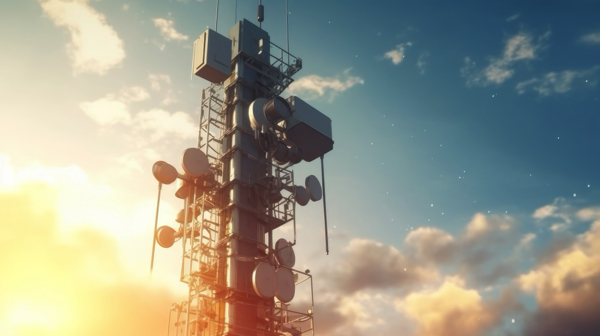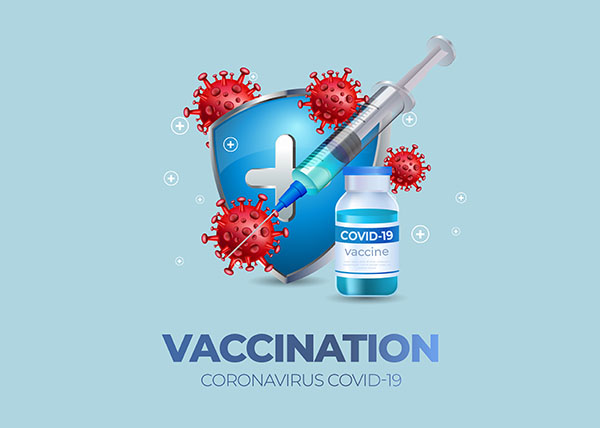Eight-year-old boy whose school has a 5G tower develops “severe” headaches likely caused by cellular radiation, study determines
03/05/2024 / By Ethan Huff

A peer-reviewed study published in the journal Annals of Clinical Case Studies reveals that 5G wireless technology might not be as safe as the government and wireless industry claim it is.
The paper explains how an eight-year-old boy who started attending school near a 5G tower suddenly and out of nowhere developed “severe” headaches that debilitated his health. The tower was located just 200 meters (about 650 feet) away from the campus.
With no prior history of headaches, the young boy, from Sweden, started developing dizziness and fatigue as well. However, when he went home after school, the boy’s symptoms subsided.
Recognizing that there was some kind of problem at the school, the boy’s parents got him a radiofrequency (RF) radiation-blocking cap, jacket and scarf that he wore every day to help minimize the symptoms and keep him as protected as possible.
(Related: Did you catch this bombshell study linking 5G wireless exposure to the symptoms commonly attributed to the Wuhan coronavirus [COVID-19]?)
5G rollout must stop
The study is one of seven thus far that have been published on the human health effects of 5G exposure by Dr. Lennart Hardell, a leading scientist on cancer risks from radiation, and Mona Nilsson, managing director at the Swedish Radiation Protection Foundation.
Each of the seven studies these two have published are “provocation” case studies, meaning they detail how 5G radiation “provokes” the onset of certain symptoms that dissipate or disappear entirely once exposure stops.
An oncologist and epidemiologist with the Environment and Cancer Research Foundation, Dr. Hardell has written more than 350 papers, about 60 of which address RF radiation. In his view, the 5G rollout needs to stop immediately because it is hurting people, especially children who are “more vulnerable to toxins than adults.”
“A society forcing toxic exposure on innocent people, especially the most sensitive, cannot be accepted,” Dr. Hardell told The Defender, a project of Children’s Health Defense.
“Children are taking part on a massive scale in a huge and dangerous experiment – without their or their parents informed consent – which may lead to serious long-term consequences,” added Nilsson in her own separate statement.
For this latest study, Dr. Hardell and Nilsson had the young boy’s mother fill out a questionnaire about her son’s symptoms both at school and at home. They then took repeated RF radiation measurements in both locations.
At school where the 5G tower is located, the boy’s headache symptoms reached an intensity level of 10, the highest level on a 10-grade scale. His dizziness and fatigue were also near the top of the scale.
At home where there is no 5G tower, the boy’s symptoms were mostly nonexistent, save for the occasional mild headache that he rated as a two out of 10 on the grading scale. The mild headaches the boy occasionally got were probably residual effects from 5G exposure at school, Dr. Hardell and Nilsson speculated.
While not every child will suffer these types of severe symptoms from 5G exposure, most, if not all, children will suffer some kind of health damage whether they feel it or not, especially in the longer term in the form of cancer risk.
Most doctors and their patients have no idea about the risks involved with 5G exposure, so they are unlikely to even consider it when trying to figure out the cause of symptoms. There is also the problem of regulatory guidelines, which uniformly and seemingly deliberately fail to recognize the risks involved with 5G exposure.
“As long as radiation hazards are not acknowledged, they are not noticed,” Dr. Hardell warns.
More related news about the threat of 5G can be found at 5GAlert.com.
Sources for this article include:
Submit a correction >>
Tagged Under:
5g, cell tower, children's health, Dangerous, disease causes, Ecology, EMF, environment, future tech, Glitch, headaches, health science, radiation, radiation science, radiofrequency, real investigations, research, smart meters
This article may contain statements that reflect the opinion of the author




















